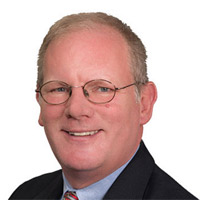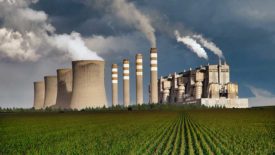Columns
Evaluating the right credit card for your business.
Read More
Garrett Wilson: Promoting technology in the plumbing field
Attract the next generation of plumbers and new customers by highlighting new tech.
November 9, 2022
Water Wisdom: Instructor-led training proves a hit with water treatment industry
Demand increasing for skilled, certified professionals.
November 8, 2022
Matt Michel: 8 steps to beating the big tech algorithm
Become the local plumber.
November 7, 2022
Dave Yates: The U.S. power grid is not ready to handle the increased demand for electricity
Are we idiot-proof?
November 4, 2022
Kenny Chapman: Decision fatigue dragging you down?
6 ways to overcome it.
November 3, 2022
Dan Holohan: Why we use 180 degrees for hot-water systems
The history of The Carbon Club.
November 2, 2022
John Siegenthaler: Variable speed circulators for boiler protection
Creating a thermal clutch to regulate energy transfer.
November 1, 2022
Nicole Krawcke: The war on fossil fuels
PHVAC industry unites against natural gas bans.
October 13, 2022
Ross Goldstein: Waste heat recovery from solar PV
Increase the PV efficiency and hot water.
October 12, 2022
Keep your content unclogged with our newsletters!
Stay in the know on the latest plumbing & piping industry trends.
JOIN TODAY!Copyright ©2024. All Rights Reserved BNP Media.
Design, CMS, Hosting & Web Development :: ePublishing
















